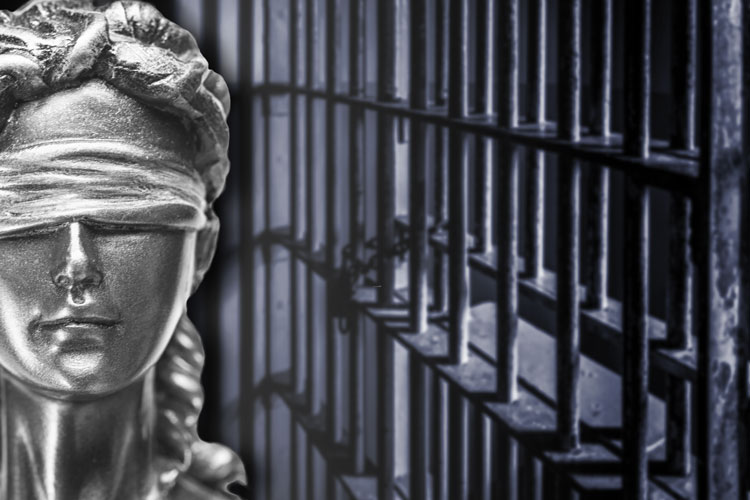ABA-supported juvenile justice bill with 'rehabilitative purpose' passes Congress

Photo illustration by Sara Wadford; Shutterstock.
A bipartisan bill aiming to improve protections for youths in the juvenile justice system now goes to President Donald Trump for his signature after approval by the House of Representatives on Thursday.
One of the bill’s sponsors, Democratic Sen. Sheldon Whitehouse of Rhode Island, tweeted the news, saying the bill “updates our juvenile justice laws so we can get more kids back on track & out of the system for good.”
Whitehouse wrote the bill with Republican Sen. Charles Grassley of Iowa, the Providence Journal reports. The bill, the Juvenile Justice and Delinquency Prevention Reauthorization Act of 2018, passed the Senate on Tuesday.
The original juvenile justice bill was passed in 1974, but it hasn’t been reauthorized since 2002 amid partisan bickering, according to the Huffington Post.
The bill requires states accepting federal funding to provide four core protections for youths, the Marshall Project reports. One protection is a limit on locking up youths for status offenses such as truancy and curfew violations. Second and third are requirements to generally keep juveniles out of adult jails and to separate them from adult inmates. A fourth protection addresses racial disparities by requiring data collection and a plan to address the problem.
Republican Sen. Tom Cotton of Arkansas had held up the bill because he wanted judges to have discretion to lock up youths for status offenses if they violate court orders. A compromise establishes a seven-day limit on the lockups, according to the Marshall Project.
The bill also improves treatment for youths with mental health and substance-abuse issues and supports alternatives to incarceration, according to press releases by Whitehouse and Grassley.
The ABA had supported the bill. In a Dec. 11 letter to congressional leaders, ABA President Bob Carlson said the bill represents “a national commitment to the rehabilitative purpose of the juvenile justice system.”
“While the proposed compromise legislation does not satisfy all juvenile justice reforms advocated by the ABA,” Carlson wrote, “we still think this is a critical step in the right direction.”
Related article:
ABAJournal: “ABA-supported criminal justice efforts considered by Congress”



